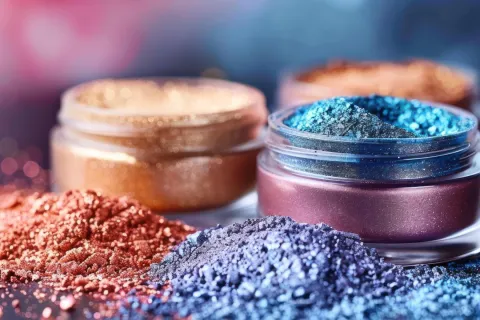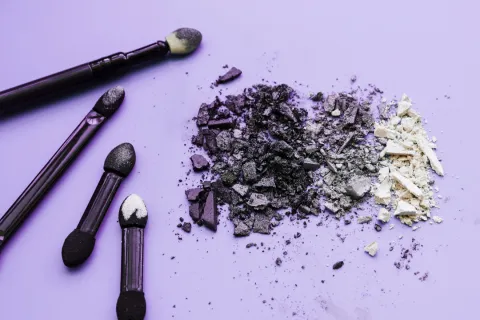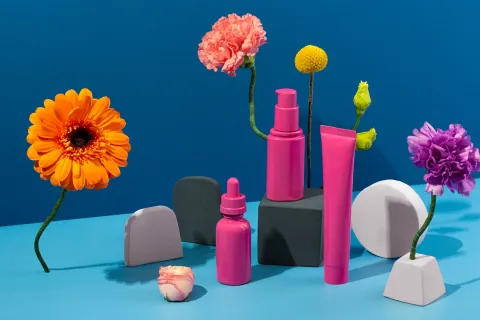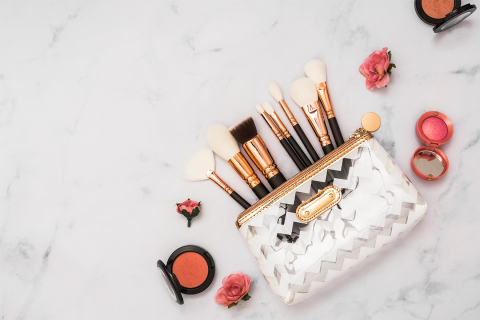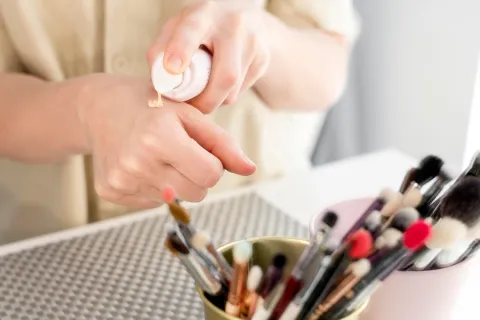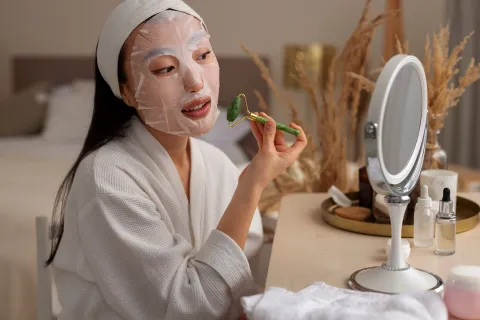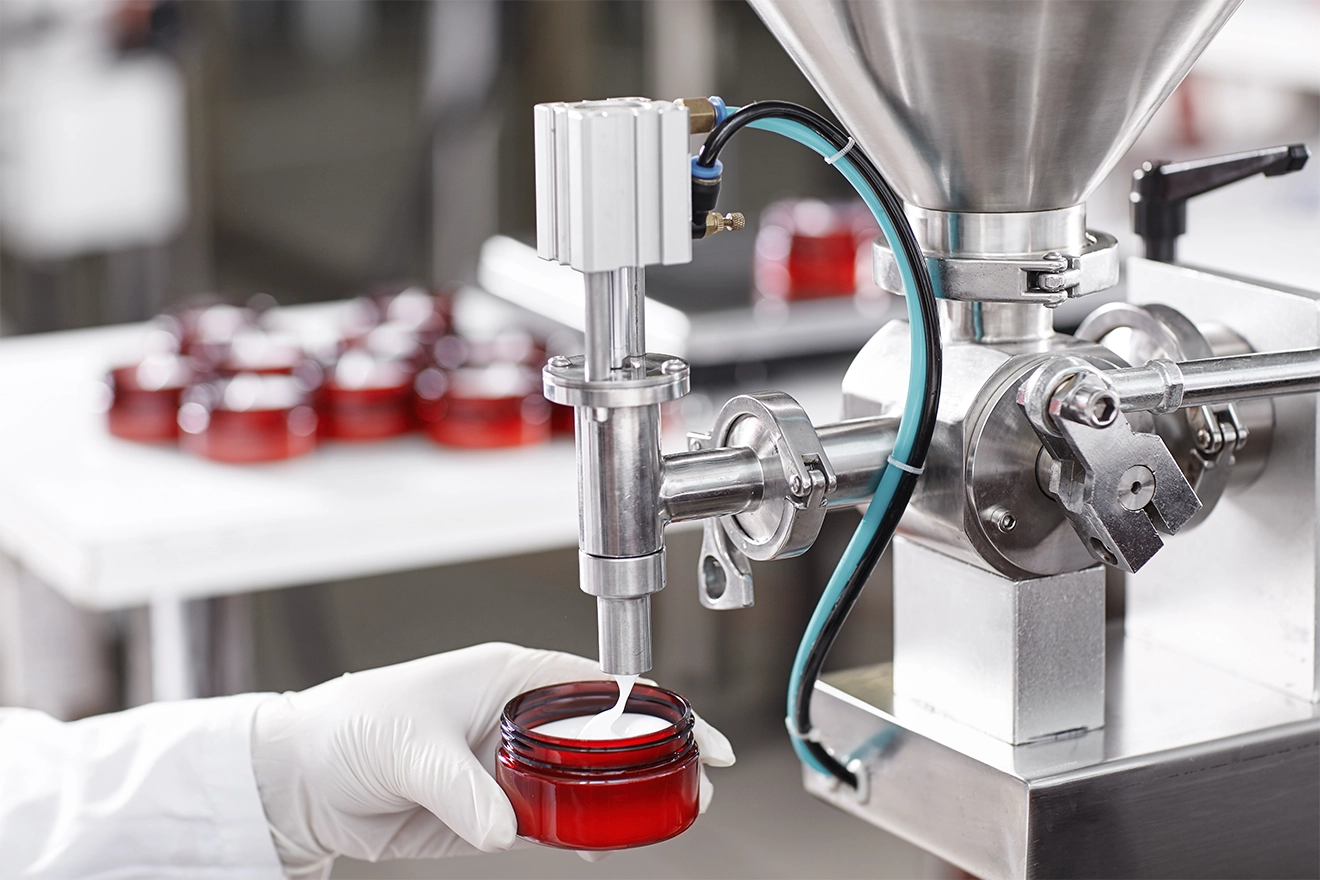
The Modernization of Cosmetics Regulation Act of 2022 (MoCRA) marks a historic milestone in the US FDA's oversight of cosmetics. It represents the most significant expansion of the US FDA since the inception of the Federal Food, Drug, and Cosmetic (FD&C) Act in 1938. MoCRA serves as a comprehensive framework aimed at standardizing business practices in the cosmetics industry while prioritizing cosmetic safety. Central to this transformative legislation is the concept of Good Manufacturing Practices (GMPs), which plays a pivotal role in ensuring the consistent production of safe and high-quality cosmetic products.
Compliance with MoCRA
To navigate MoCRA successfully, cosmetic manufacturers must understand its implications. The draft guidance focuses on areas such as documentation, records, buildings and facilities, equipment, personnel, raw materials, water quality, color additives, and prohibited or restricted cosmetic ingredients.
- Documentation: MoCRA emphasizes the importance of comprehensive documentation, which helps prevent errors, ensures traceability, and facilitates the identification of issues during production.
- Records: Manufacturers should maintain records in paper or electronic formats to capture details of operations, procedures, tests, and other relevant information. Proper record-keeping ensures product quality and supports recall efforts if needed.
- Buildings and Facilities: Manufacturing facilities must be of suitable size, design, and cleanliness. Adequate space, filth and pest controls, proper lighting and ventilation, and clean plumbing and washing facilities are essential to maintain a sanitary environment.
- Equipment: Equipment used in cosmetics production should be of appropriate design, size, and material. Regular calibration and maintenance of equipment ensure accurate measurements and product quality.
- Personnel: Proper training and supervision of personnel are essential to maintain a clean and safe working environment. This includes wearing appropriate clothing and protective gear and adhering to hygiene standards.
- Raw Materials: Raw materials must be stored and handled carefully to prevent contamination and degradation. Manufacturers must sample and test materials to ensure they meet quality specifications.
- Water: The quality of water used in cosmetics is crucial. Procedures must ensure that the water used is of defined quality and is regularly monitored for compliance with chemical, physical, and microbiological standards.
- Color Additives: Compliance with approved color additives and labeling is crucial to avoid Regulatory hurdles.
- Prohibited and Restricted Ingredients: Manufacturers must ensure their products do not contain prohibited ingredients and follow Regulatory guidelines for restricted ingredients.
The Crucial Role of GMP
GMP, integral to MoCRA, guides safe and consistent cosmetic manufacturing to meet high-quality standards. MoCRA obliges the US FDA to create custom GMP rules for cosmetic facilities, in line with global standards to protect public health and prevent product adulteration. MoCRA also lets the US FDA set rules for inspecting records to verify GMP compliance. Manufacturers must follow GMPs adhering to these standards to ensure product safety. The US FDA has two (02) years from enactment for the notice of proposed rulemaking for cosmetic GMP. The final GMP ruling is expected by December 29, 2025.
Exemptions and Exceptions
While MoCRA offers exemptions to specific small businesses regarding GMP compliance, registration, and product listing requirements, certain exceptions exist. Notably, manufacturers or facilities involved in the production of cosmetic products designed for contact with the mucus membrane of the eye, those intended for injection, or those intended for internal use do not qualify for these exemptions.
Conclusion
In conclusion, MoCRA represents a substantial expansion of the US FDA's authority in the regulation of cosmetics, imposing significant new obligations on the cosmetics industry, both domestically and internationally. The cornerstone of MoCRA compliance lies in adhering to GMP regulations, ensuring that cosmetic products meet rigorous quality standards and prevent adulteration. The increased responsibilities encompass comprehensive record-keeping and labeling requirements, particularly those pertaining to contact information for reporting adverse events, are pivotal aspects of MoCRA. As the cosmetics sector navigates these transformative changes, the utmost priority remains the safety and quality of products for consumers. For further guidance on MoCRA compliance, book a meeting with our Regulatory experts at Freyr.
